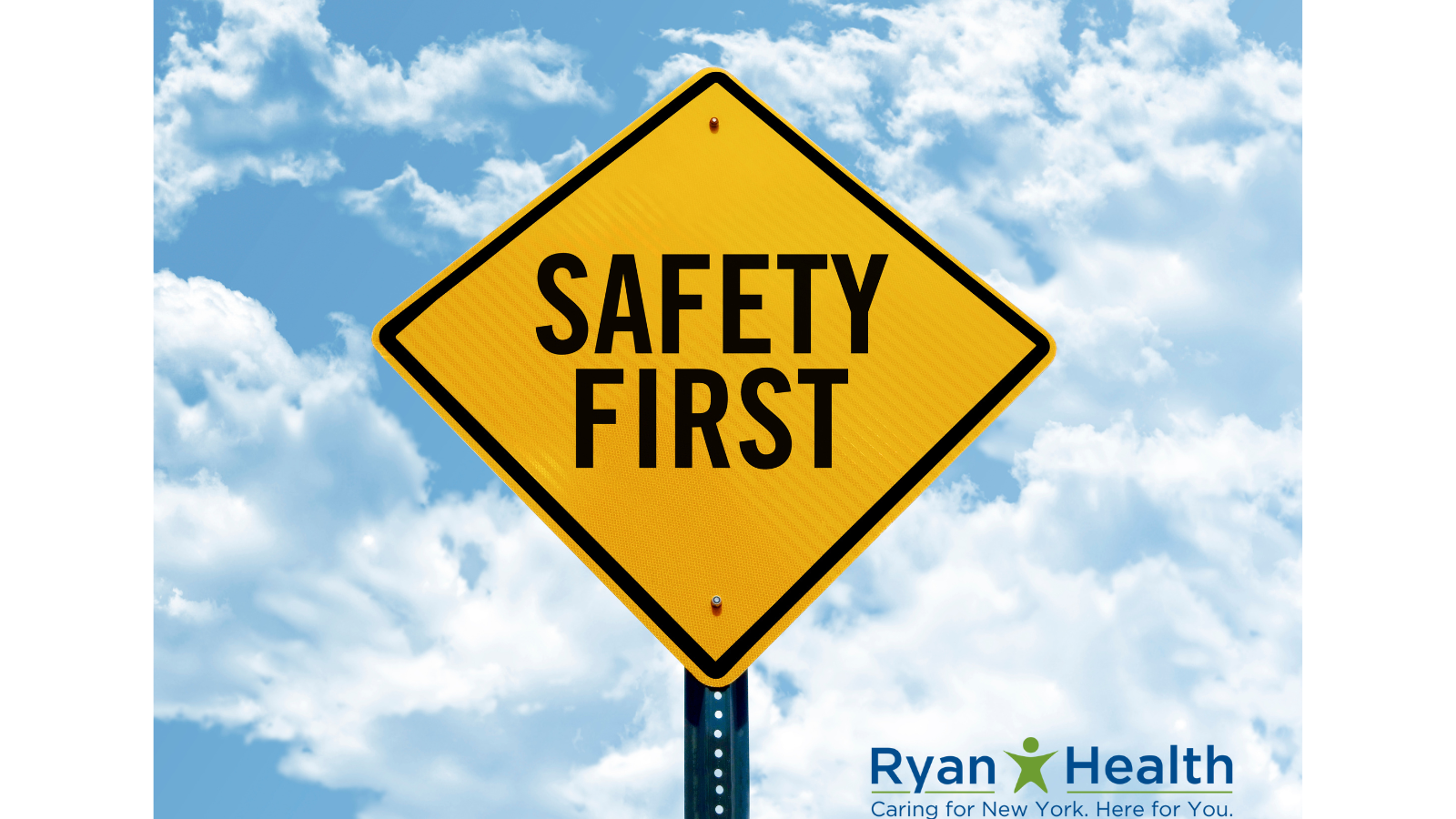News | Announcement, Community
Stay Sexy and Informed : New Innovations in PrEP and STI Prevention

Your sexual health matters. It’s never been so easy to protect yourself from a range of sexually transmitted infections (STIs). Here’s what you need to know about STI meds for pre- and post-sexual activity. And all of these are available at Ryan Health!
Doxy PEP for STIs
Doxy PEP is doxycycline, and it is used for post-exposure to STIs. That is, after sexual activity in which you suspect you could have been exposed to chlamydia, syphilis, or gonorrhea. You must take this medication within 72 hours of exposure for it to be effective.
The Centers for Disease Control and Prevention (CDC) released guidance on doxy PEP for STIs just this month. Doxycycline has been approved to treat other viruses, like MRSA and staph. While it has not yet been approved by the Food and Drug Administration (FDA) for the above STIs, multiple studies have shown it works.
“The benefits definitely outweigh the risks,” says Louise Austin, PA at Ryan Health | West 97th Street. “We’re going to jump on anything that reduces the rate of STIs. Doxy PEP is effective if you take it right away after oral or anal sex without a condom.”
Doxy PEP has been prescribed for STIs since last summer once data from studies began being published. New York City has seen a rise in STIs like chlamydia, syphilis, and gonorrhea in recent years, and doxy PEP can be a successful treatment. It does not protect against HIV or Mpox.
Dosage is a simple two-pill process.
“A lot of patients are asking about it,” says Fay Barrett, MPH, Senior Director of Support Services at Ryan Health. “It’s a conversation we’re having with patients, educating them on it. We want to normalize doxy PEP like we have with PEP and PrEP for HIV.”
PEP and PrEP for HIV
PrEP is a medicine to prevent HIV. It can be taken every day in pill form, or in an injection every two months. One of them may be right for you.
“Accessibility and cost are factors that impact PrEP usage, especially in communities of color,” Barrett says. “But we will find a way to make it work.”
You may be familiar with the brands Truvada and Descovy. They are pills you take daily to prevent HIV infection. There is also a generic version of Truvada. There may be minimal side effects from these meds, like a stomach ache or queasiness. And while research continues, there are long-term effects from Truvada , such as worsening renal function and loss of bone mass.
By contrast, Apertude is an injection you receive every two months. Because of the size of the shot, it is given only in the fleshy part of the buttocks.
“Apertude is a big injection with a lot of fluid,” Austin says. “Patients often complain of pain at the injection site.”
Like doxy PEP, PEP for HIV must be taken within 72 hours of exposure to be effective against HIV transmission.
“If you are exposed, regardless of who you are, you may be at risk and need PEP within 72 hours,” Barrett says. “PEP is like HIV’s Plan B for birth control.”
Look for continued developments on PEP and PrEP options.
“Injectables will be a big part of HIV prevention in the future,” Austin says. “A PrEP injection every six months could be seen as a functional HIV prevention method. It’s a little down the road, but it is doable.”
Hepatitis A, B and C
There are vaccines to prevent Hepatitis A, and B. Hepatitis is easily transmissible via sexual activity and impacts the liver. There are vaccines for Hepatitis A and B, you should speak to your provider if you have not already received one to see if a vaccine is right for you.
By contrast, there is a cure for Hepatitis C, which is mainly blood-borne. It is possible to contract Hepatitis C again after you’ve been cured.
Your doctor will test for Hepatitis and HIV annually during your checkup.
HPV
HPV is the Human Papillomavirus. It is spread through intimate skin-to-skin contact, like sexual activity. According to the National Cancer Institute (NCI), “nearly all sexually active people, regardless of their sex, gender identity, or sexual orientation, are infected with HPV within months to a few years of becoming sexually active.”
HPV can cause six types of cancer: anal cancer, cervical cancer, oropharyngeal (throat) cancer, penile cancer, vaginal cancer, and vulvar cancer.
The HPV vaccine can be given as young as age 9, but it is recommended for girls and boys around the ages of 11 or 12 before the onset of sexual activity. The FDA has approved the use of the vaccine until age 45.
“There are really no side effects with the HPV vaccine, and the long-term data show that it is really effective,” Austin said.
The most important thing to remember with STIs and other sexually transmitted conditions is that there is nothing to be embarrassed about, and there is no shame in seeking help. PEP and PrEP are lifesaving medications and are available through Ryan Health.
If you feel you have been exposed and need PEP or doxy PEP, come to Ryan Health right away so you make the 72-hour window. Otherwise, make an appointment for PrEP through our Online Scheduler or by calling 212-749-1820.